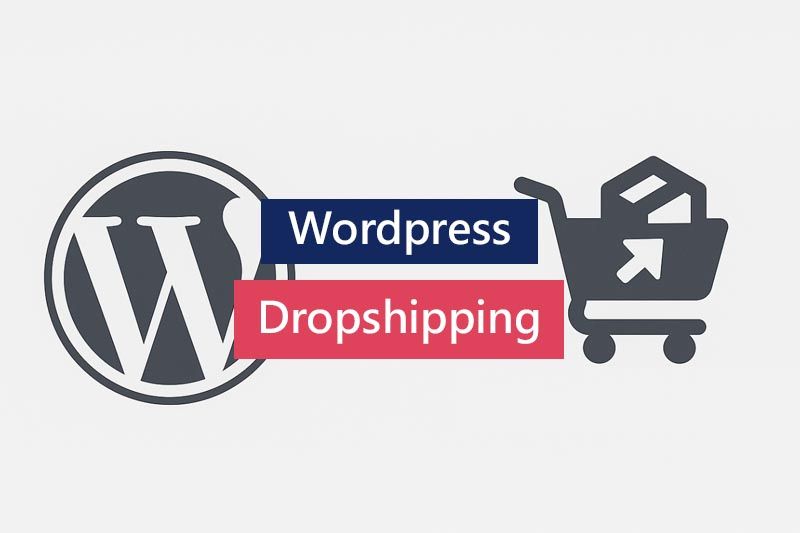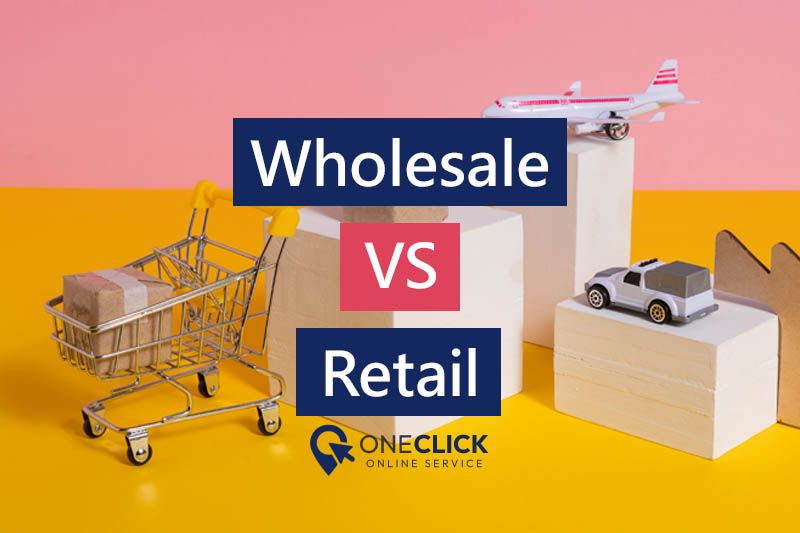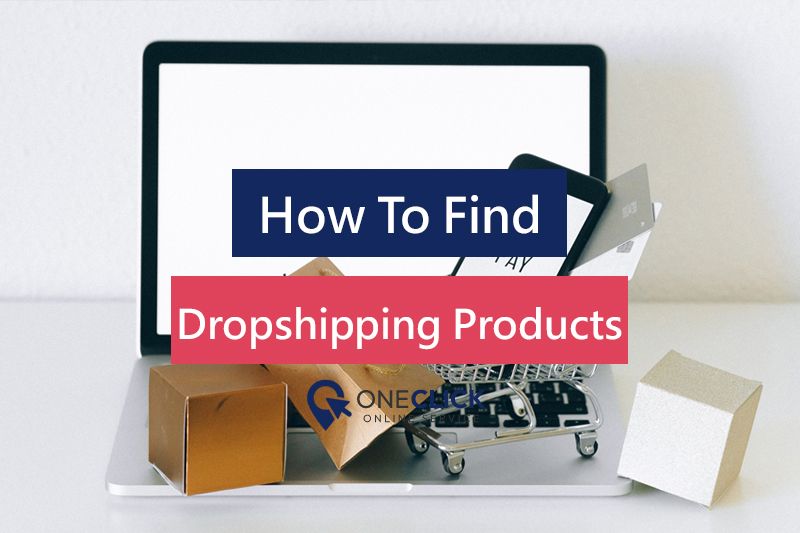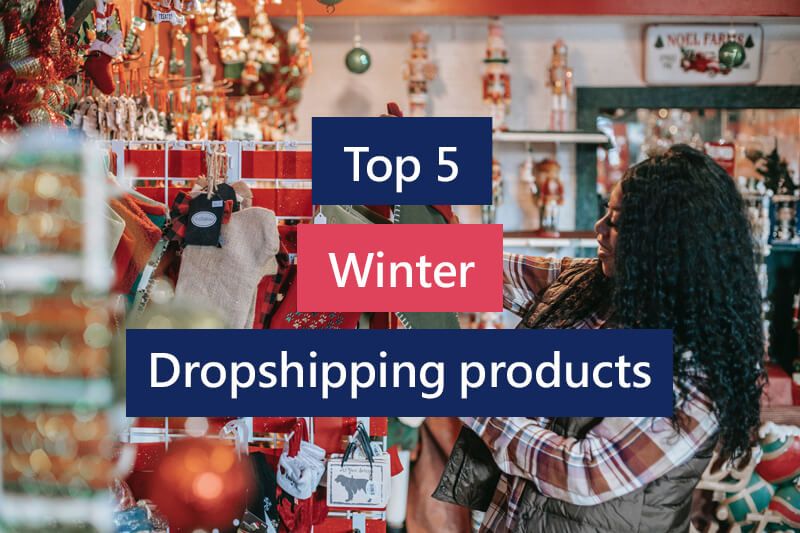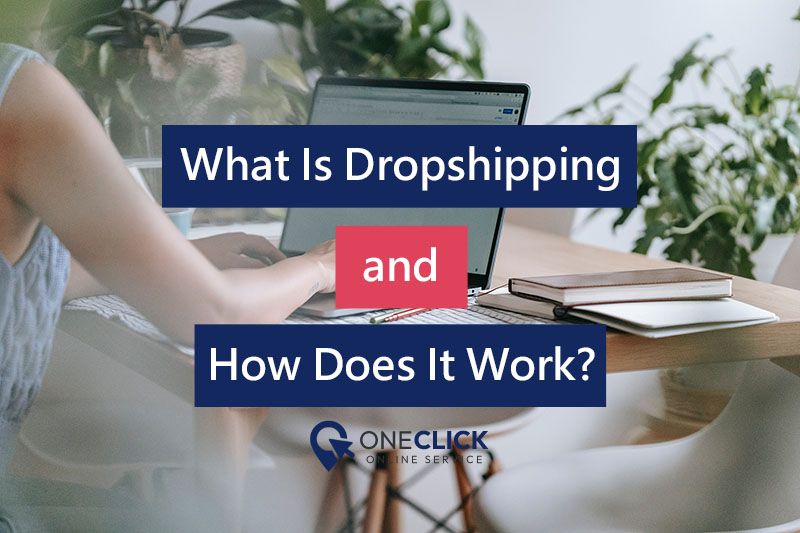Shipping Incoterms: the Complete Guide 2024
In the early days of international trade, varying laws, customs, and expectations made global transactions complex and prone to misunderstandings. To address this, Shipping Incoterms were introduced in 1936 by the International Chamber of Commerce (ICC).
These standardized terms were created to simplify trade and clearly define the responsibilities of buyers and sellers, reducing confusion and disputes across borders. Whether you're new to global commerce or an experienced professional, understanding these terms is essential for smooth transactions.
Continue reading to explore the key definitions and applications of Shipping Incoterms in today’s trade environment.
Shipping Incoterms Definition
Shipping Incoterms, or International Commercial Terms, are a set of globally recognized rules that define the responsibilities of sellers and buyers during the shipping process in international trade. These terms clarify who handles transportation, insurance, customs duties, and other logistics, ensuring both parties know their obligations in the transaction.

What Factors Do Shipping Incoterms Address?
Shipping Incoterms address several key factors that impact international trade, providing clarity and structure to global transactions. These factors include:
- Transfer of Risk: Incoterms define the point at which the risk of loss or damage to the goods transfers from the seller to the buyer.
- Transportation Costs: They specify which party is responsible for paying for the various stages of transportation, such as shipping, unloading, and delivery.
- Insurance: Incoterms determine who is responsible for insuring the goods during transit.
- Customs Duties and Clearance: They clarify who handles export and import formalities, including customs duties, taxes, and clearances.
- Delivery Points: Incoterms outline where and when the goods are considered delivered to the buyer, specifying responsibilities for loading and unloading. These factors help ensure smooth, efficient transactions by defining clear expectations between the parties involved in the shipping process.
A Complete List of Incoterms and Their Definitions
Here’s a concise table for all Incoterms with short explanations:
| Incoterm | Explanation |
|---|---|
| EXW (Ex Works) | The buyer assumes responsibility from the seller's premises. |
| FCA (Free Carrier) | Seller delivers goods to a carrier chosen by the buyer. |
| FAS (Free Alongside Ship) | Seller delivers goods alongside the vessel at the port. |
| FOB (Free On Board) | Seller loads goods onto the ship; risk passes at that point. |
| CFR (Cost and Freight) | Seller covers costs to the destination port, but risk transfers at loading. |
| CIF (Cost, Insurance, and Freight) | Seller pays for shipping and insurance until goods reach the destination port. |
| CPT (Carriage Paid To) | Seller pays for carriage to a named place, but risk transfers earlier. |
| CIP (Carriage and Insurance Paid To) | Seller covers transportation and insurance up to the named place. |
| DAP (Delivered at Place) | Seller is responsible for delivery to the buyer’s specified location. |
| DPU (Delivered at Place Unloaded) | Seller delivers and unloads goods at the buyer's location. |
| DDP (Delivered Duty Paid) | Seller bears all costs, including duties, until goods arrive at the buyer’s location. |
Let's check more complete definitions of Incoterms with Oneclick:
1. EXW (Ex Works)
Ex Works (EXW) is one of the simplest and least complex Incoterms. Under this term, the seller's only responsibility is to make the goods available at their premises, such as a factory or warehouse. From that point on, the buyer is responsible for all the costs and risks associated with transporting the goods, including export duties, transport arrangements, and insurance. This Incoterm places minimal obligations on the seller, making it suitable for domestic transactions or when the buyer is well-equipped to handle all aspects of logistics.
2. FCA (Free Carrier)
Free Carrier (FCA) requires the seller to deliver the goods to a carrier or another party nominated by the buyer at a specified location. This can be at the seller’s premises or another designated point. Once the goods are handed over to the carrier, the risk transfers from the seller to the buyer. FCA allows more flexibility than EXW, as the seller is responsible for export clearance and delivering the goods to the point of transfer, making it a commonly used term in international trade.
3. FAS (Free Alongside Ship)
Free Alongside Ship (FAS) is mainly used for sea or inland waterway transport. Under this term, the seller is responsible for delivering the goods alongside the ship at the port of shipment. Once the goods are placed next to the vessel, the risk and responsibility transfer to the buyer, who must handle loading, shipping, and onward transportation. FAS is suitable for bulk cargo shipments or heavy goods that require a specific port for loading.
4. FOB (Free On Board)
Free On Board (FOB) is one of the most widely used Incoterms for sea and inland waterway transport. The seller is responsible for delivering the goods on board the vessel nominated by the buyer at the specified port. Once the goods are safely loaded onto the ship, the risk transfers to the buyer, who bears the costs and risks associated with further transportation. FOB provides a balance of responsibility, making it a preferred choice for many international shipments where both parties share roles in the shipping process.
5. CFR (Cost and Freight)
Cost and Freight (CFR) requires the seller to arrange and pay for the transportation of the goods to the specified port of destination. However, while the seller is responsible for covering the shipping costs, the risk transfers to the buyer as soon as the goods are loaded onto the ship at the port of departure. This means that any risks during transit are borne by the buyer. CFR is commonly used in maritime shipping but does not include insurance coverage, which must be handled by the buyer.
6. CIF (Cost, Insurance, and Freight)
Cost, Insurance, and Freight (CIF) is similar to CFR, with one key difference: the seller is also responsible for procuring insurance for the goods during transit. Under CIF, the seller arranges and pays for both the transportation and insurance to the named port of destination, covering the buyer’s risk during shipment. However, like CFR, the risk transfers to the buyer once the goods are loaded onto the vessel. CIF is popular for sea and inland waterway transport, offering added protection with insurance.
7. CPT (Carriage Paid To)
Carriage Paid To (CPT) requires the seller to pay for the transportation of goods to a specified destination. The seller is responsible for the cost of carriage but the risk transfers to the buyer once the goods are handed over to the first carrier, whether it’s by road, air, or sea. Unlike CIF or CFR, CPT applies to all modes of transport, making it versatile for different shipping needs. Insurance is not included under CPT, and it is the buyer’s responsibility to insure the goods if necessary.
8. CIP (Carriage and Insurance Paid To)
Carriage and Insurance Paid To (CIP) builds on CPT by adding the obligation for the seller to purchase insurance. Under CIP, the seller must arrange and pay for transportation and minimum insurance coverage for the goods during transit to the agreed destination. Like CPT, the risk passes to the buyer once the goods are handed over to the first carrier. This term is also applicable for all modes of transportation and provides added security to the buyer through insurance.
9. DAP (Delivered at Place)
Delivered at Place (DAP) requires the seller to deliver the goods to a specified destination, with all risks and costs up to that point being the seller’s responsibility. The seller takes care of all transportation costs, including export duties and any logistics, until the goods are made available for the buyer at the agreed location. However, unloading the goods and any import duties, taxes, or customs clearance at the destination are the responsibility of the buyer. DAP is a flexible Incoterm that can apply to any mode of transport.
10. DPU (Delivered at Place Unloaded)
Delivered at Place Unloaded (DPU) means that the seller is responsible not only for delivering the goods to the agreed destination but also for unloading them from the transport vehicle. The seller bears all costs and risks until the goods are unloaded at the buyer’s destination. This Incoterm is particularly beneficial for buyers, as they do not need to worry about the unloading process. Like DAP, DPU applies to all modes of transport. However, customs duties, taxes, and further transportation to the final location (if needed) are the buyer’s responsibility.
11. DDP (Delivered Duty Paid)
Delivered Duty Paid (DDP) is one of the most comprehensive Incoterms in terms of seller responsibility. Under DDP, the seller takes on all costs and risks associated with delivering the goods to the buyer’s specified destination, including transportation, import duties, taxes, and customs clearance. The buyer’s only task is to receive the goods. DDP is ideal for buyers who want a hassle-free transaction, but sellers must ensure they can handle all the legal and logistical complexities of importing into the buyer’s country.
These Incoterms provide clear guidelines on the division of responsibilities, costs, and risks between the buyer and seller during the shipping process.

Why Are Shipping Incoterms Important?
Shipping Incoterms (International Commercial Terms) are essential in global trade as they provide a standardized framework for buyers and sellers, clarifying each party's responsibilities during the shipping process.
Here are some key reasons why Shipping Incoterms are so important:
1- Clarity in Responsibility:
Incoterms clearly outline which party is responsible for specific tasks, such as paying for shipping, insurance, customs duties, and taxes. For example, a term like DDP (Delivered Duty Paid) makes it clear that the seller bears all the costs and risks until the goods reach the buyer's location. This avoids disputes over who is accountable for each stage of the transaction.
2- Minimizing Risk:
By specifying when risk transfers from the seller to the buyer, Incoterms provide a safeguard against losses or damages during shipping. For instance, under FOB (Free on Board), the risk shifts to the buyer once the goods are loaded onto the ship, giving both parties a clear understanding of when risk transfer occurs.
3- Consistency in Global Trade:
Incoterms are recognized and used globally, providing consistency across international trade. This allows companies to engage with trading partners from different countries without confusion about shipping terms. The standardized nature of Incoterms ensures that everyone is on the same page, regardless of local shipping practices.
4- Simplified Communication:
Using Incoterms allows for smoother communication between buyers, sellers, and shipping companies. There is no need for long, detailed discussions about who is responsible for what, as the chosen Incoterm clearly defines all parties’ obligations.
5- Cost Efficiency:
Incoterms can help businesses better manage shipping costs. By understanding exactly who pays for each part of the shipping process, both buyers and sellers can plan accordingly and avoid unexpected expenses. This leads to more predictable and transparent pricing in trade deals.
6- Legal Framework:
Since Incoterms are globally accepted, they also provide a legal framework for resolving disputes. Should any issues arise regarding the delivery or payment of goods, Incoterms can be referenced to settle conflicts, reducing the likelihood of costly legal battles.
7- Customs and Compliance:
Many Incoterms specify which party is responsible for handling customs clearance, taxes, and import/export paperwork. This is especially important for businesses that trade internationally, as misunderstanding customs obligations can lead to delays, fines, or even seizure of goods.
In summary, Shipping Incoterms are vital for ensuring transparency, reducing risk, and streamlining international trade processes. They offer businesses a reliable tool to negotiate contracts, manage shipping responsibilities, and maintain smooth operations in a competitive global marketplace.
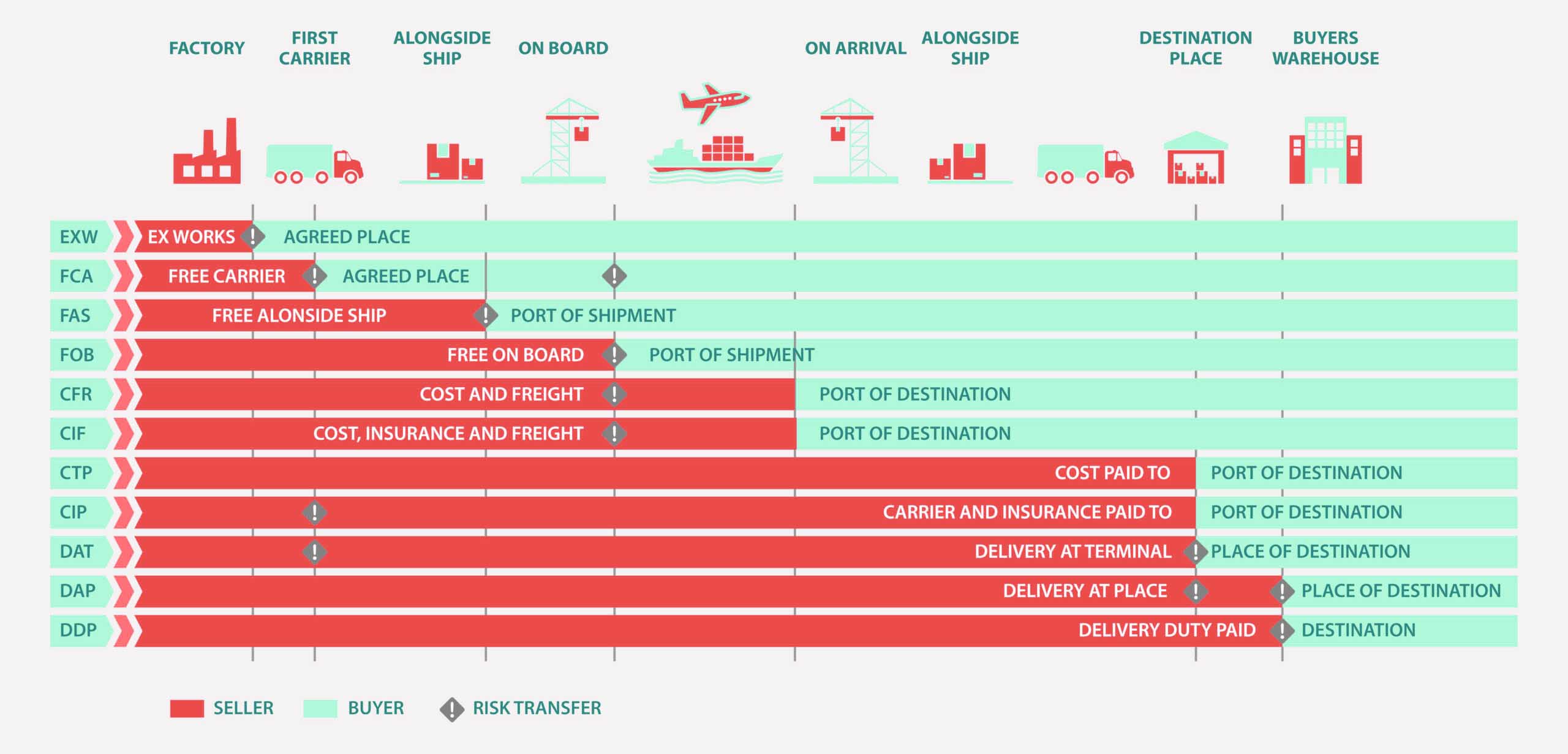
FAQs About Shipping Incoterms
1. How many Incoterms are there?
The most recent edition of Incoterms, published by the International Chamber of Commerce (ICC), includes 11 terms. These terms are grouped into two categories: rules for any mode of transport (e.g., EXW, DDP) and rules for sea and inland waterway transport (e.g., FOB, CFR).
2. How do I choose the right Incoterm for my business?
Choosing the right Incoterm depends on several factors, including your company's capabilities, the nature of the goods being shipped, and your relationship with the buyer or seller. Consider aspects such as who will handle shipping logistics, customs clearance, and insurance when making your decision.
3. Are Incoterms legally binding?
While Incoterms themselves are not legally binding, they become part of a contract when included in a sales agreement. This means that both parties are obligated to adhere to the responsibilities defined by the chosen Incoterms as part of their contract.
4. Can I modify an Incoterm?
While you can negotiate additional terms beyond the standard Incoterms, it is generally recommended to use the official definitions to avoid confusion. If modifications are necessary, ensure both parties fully understand the changes and document them clearly in the contract.
5. How often are Incoterms updated?
Incoterms are typically updated every 10 years by the International Chamber of Commerce. The last revision was in 2020, introducing slight changes and clarifications to existing terms to better reflect modern trade practices.
6. Where can I find the official list of Incoterms?
The official list and definitions of Incoterms can be found on the International Chamber of Commerce (ICC) website. It is also advisable to refer to the ICC publications for detailed explanations of each term.
7. Do Incoterms apply to domestic shipping?
While Incoterms are primarily designed for international trade, they can also be applied to domestic shipping transactions. However, their use in domestic contexts is less common, as local laws and practices may dictate different terms.
In conclusion, understanding Shipping Incoterms is essential for anyone involved in international trade. They provide clarity and structure to shipping agreements, ensuring that all parties are aware of their responsibilities and liabilities. With a comprehensive grasp of these terms, businesses can navigate the complexities of global logistics more effectively.
If you’re looking for a partner to help streamline your shipping and logistics processes, Oneclick Online Service offers tailored solutions that cater to your unique needs. Our expertise in international shipping can help you navigate the intricacies of Incoterms, ensuring your goods reach their destination efficiently and cost-effectively. For more information, visit our website and discover how we can support your business today.
At Oneclick Online Service, we understand how vital it is to work with dependable suppliers. We make it easier for you by offering seamless product sourcing from China. With our expertise, you can build a strong foundation for your dropshipping or Wholesale business and maintain a steady flow of quality products.
For assistance with sourcing and managing your dropshipping needs, feel free to contact us, or register for our app to begin your journey with Oneclick. We're here to help every step of the way.



